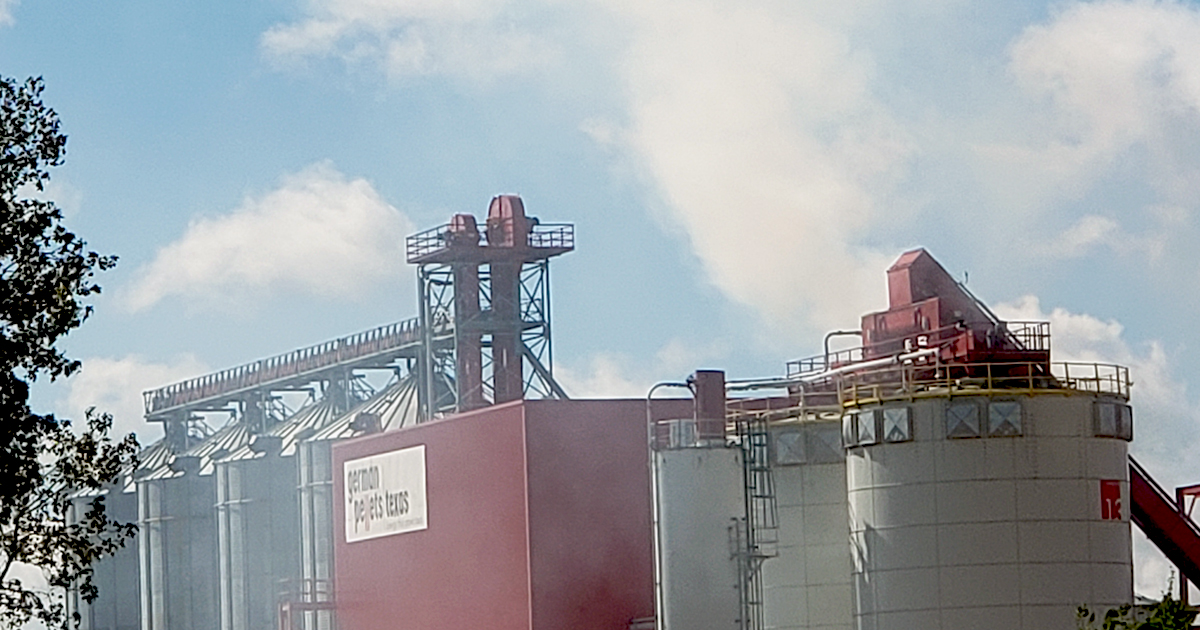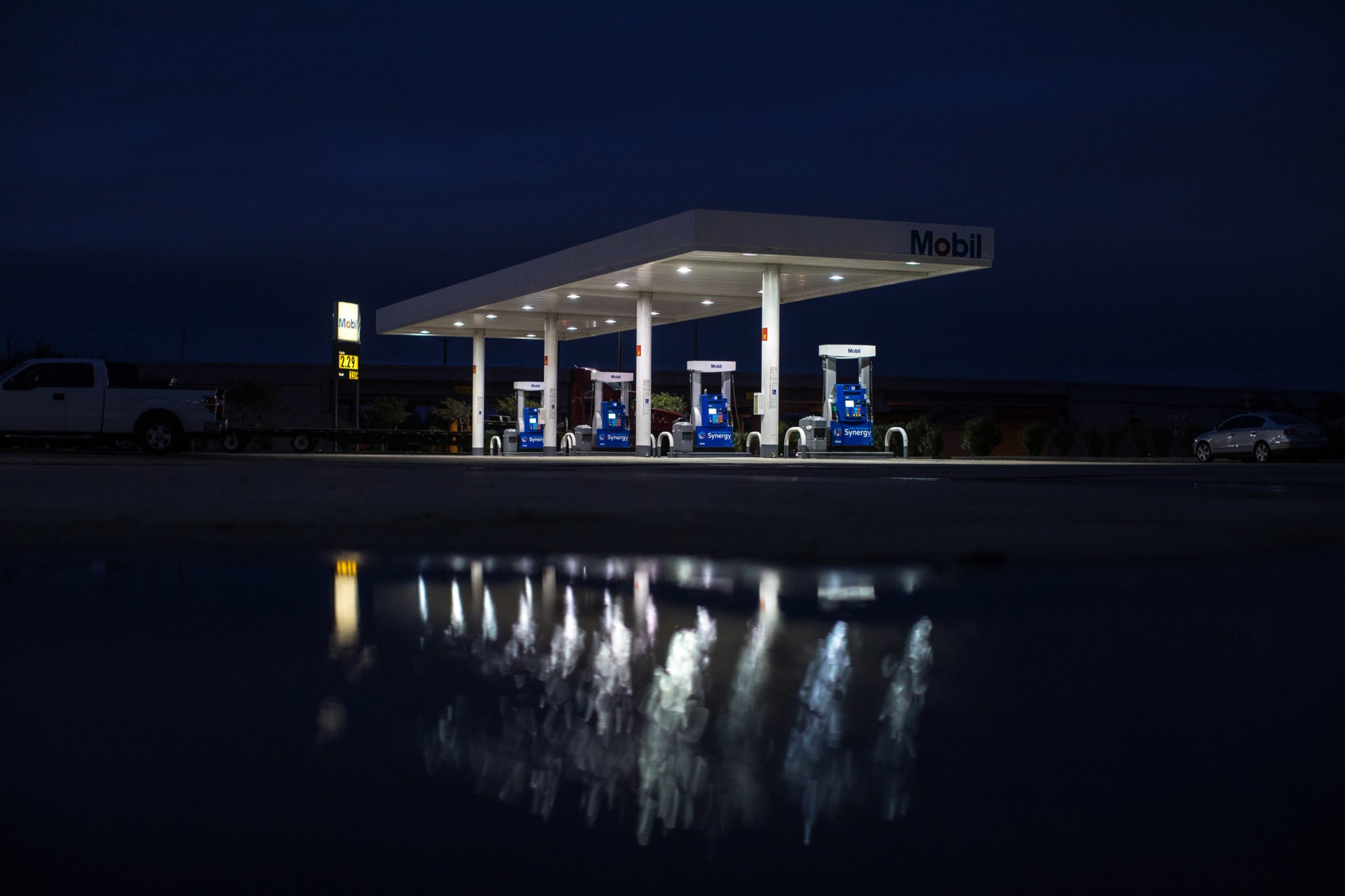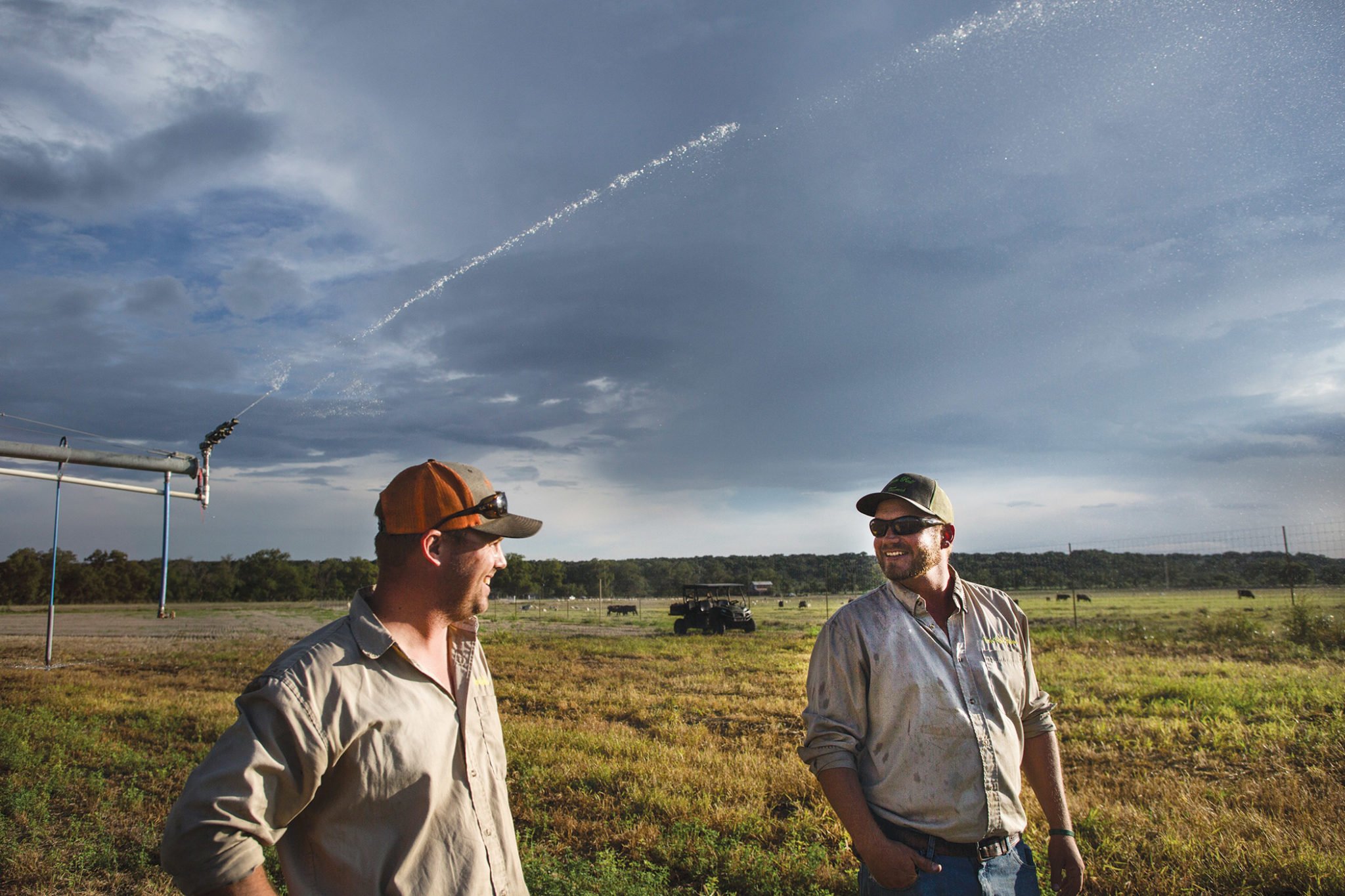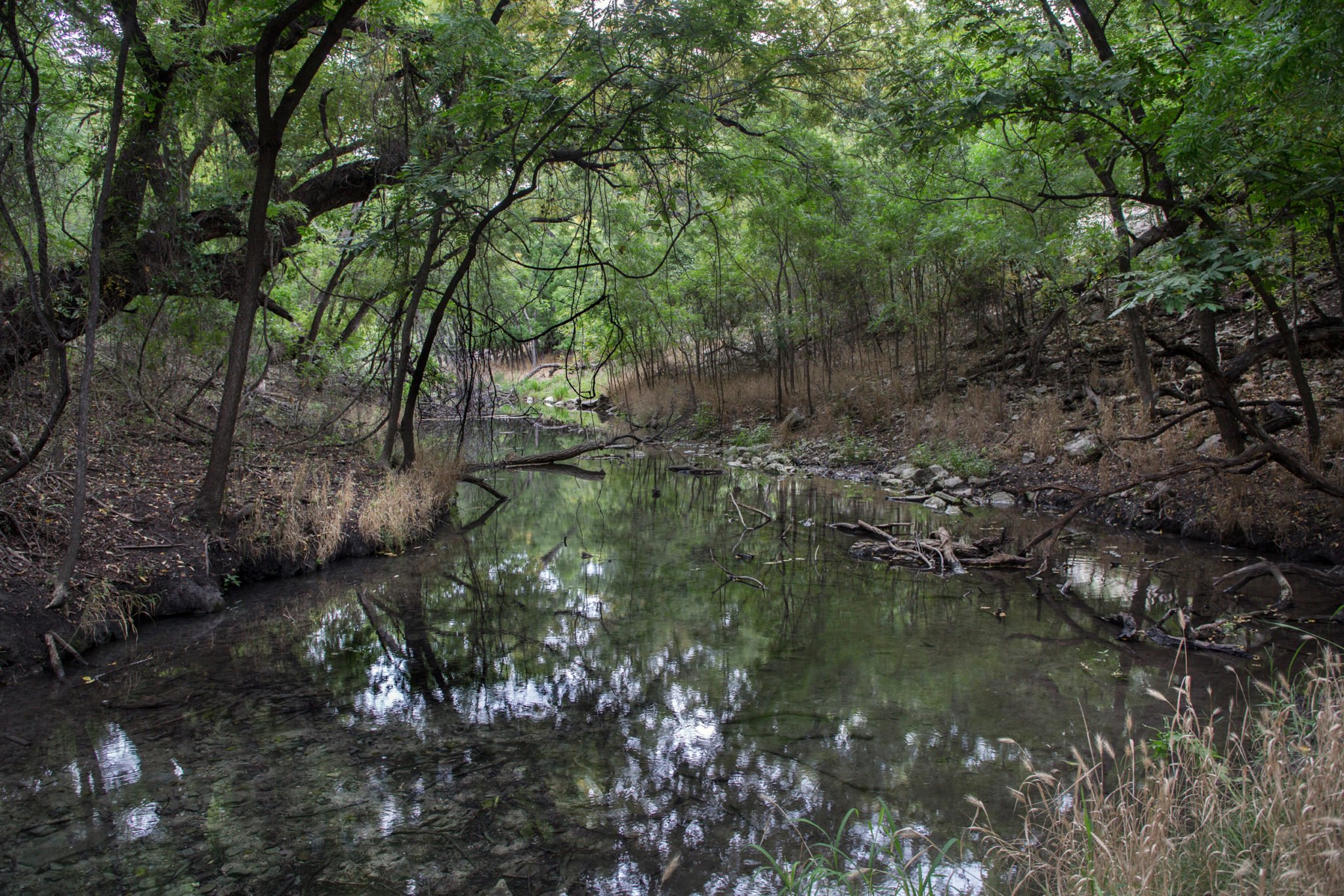
TCEQ Punts on Water Rights Fight on the San Saba River
Commissioners decided not to appoint a watermaster on the San Saba, a tributary of the Colorado that ran dry every summer from 2011 to 2015.


In the latest volley in a decade-long fight over water rights on the San Saba River in Central Texas, the Texas Commission on Environmental Quality (TCEQ) has delayed implementing a permanent solution to ensure the river flows year round.
As the Observer reported in October, a 40-mile stretch of the river has repeatedly dried up between Menard and Brady. Landowners who live downstream charge that their neighbors upstream are to blame for illegally pumping more water than their permits allow, and TCEQ hasn’t settled the fight. As a result, downstream landowners have been calling on the agency to appoint a watermaster — a referee who can manage and enforce water rights on a local and day-to-day basis — to police the river. But at a November 15 TCEQ hearing, the agency chose to punt on resolving the issue by declining to appoint a watermaster. While the agency’s three commissioners said that the discussion on the San Saba “needs to continue,” they all agreed that the issue is “better addressed through other mechanisms.”
“My concern is making sure that we’re discharging our obligation to be good stewards of state water,” said TCEQ Commissioner Jon Niermann. “I want to make sure we’re on top of that on the San Saba, and I don’t have the comfort today that we’re there yet.”
TCEQ, the agency responsible for protecting the state’s water resources, conducted more than 1,140 investigations on the river between 2011 and 2016, spending about $430,000 on the issue. But the agency has only issued violation notices or fines 13 times. A watermaster, who could investigate and fine farmers who are overdrawing from the river, would be more effective at deterring illegal water pumping, some landowners say.
“We don’t need a watermaster sitting there watching us like a kindergarten teacher to tell us when we can and cannot turn off our pumps when there’s plenty of water in the river.”
At the crux of the fight is whether upstream farmers in Menard County are withdrawing more water than they’re allowed to and causing the river to run dry for 40 miles, affecting the rights of ranchers downstream. Appointing a watermaster, who would work closely with landowners and monitor water use regularly, would help catch the “cheaters” in Menard and restore flow to the San Saba, the ranchers say.
But Menard County landowners who’ve been accused of illegal water use say a watermaster is unnecessary.
“We don’t need a watermaster sitting there watching us like a kindergarten teacher to tell us when we can and cannot turn off our pumps when there’s plenty of water in the river,” said Menard landowner Kathryn Mews at the hearing.
The farmers in Menard argue that they’ve already done a lot to conserve water and that the San Saba keeps drying up due to broader problems. Land fragmentation, increase in brush and construction of dams along the river, not illegal overpumping, have resulted in less water in the San Saba, they say.
Though a watermaster program operates under TCEQ, it is paid for by landowners who have permits to draw water from the river. Watermaster programs already exist on the Concho, Rio Grande and Brazos rivers and in South Texas.
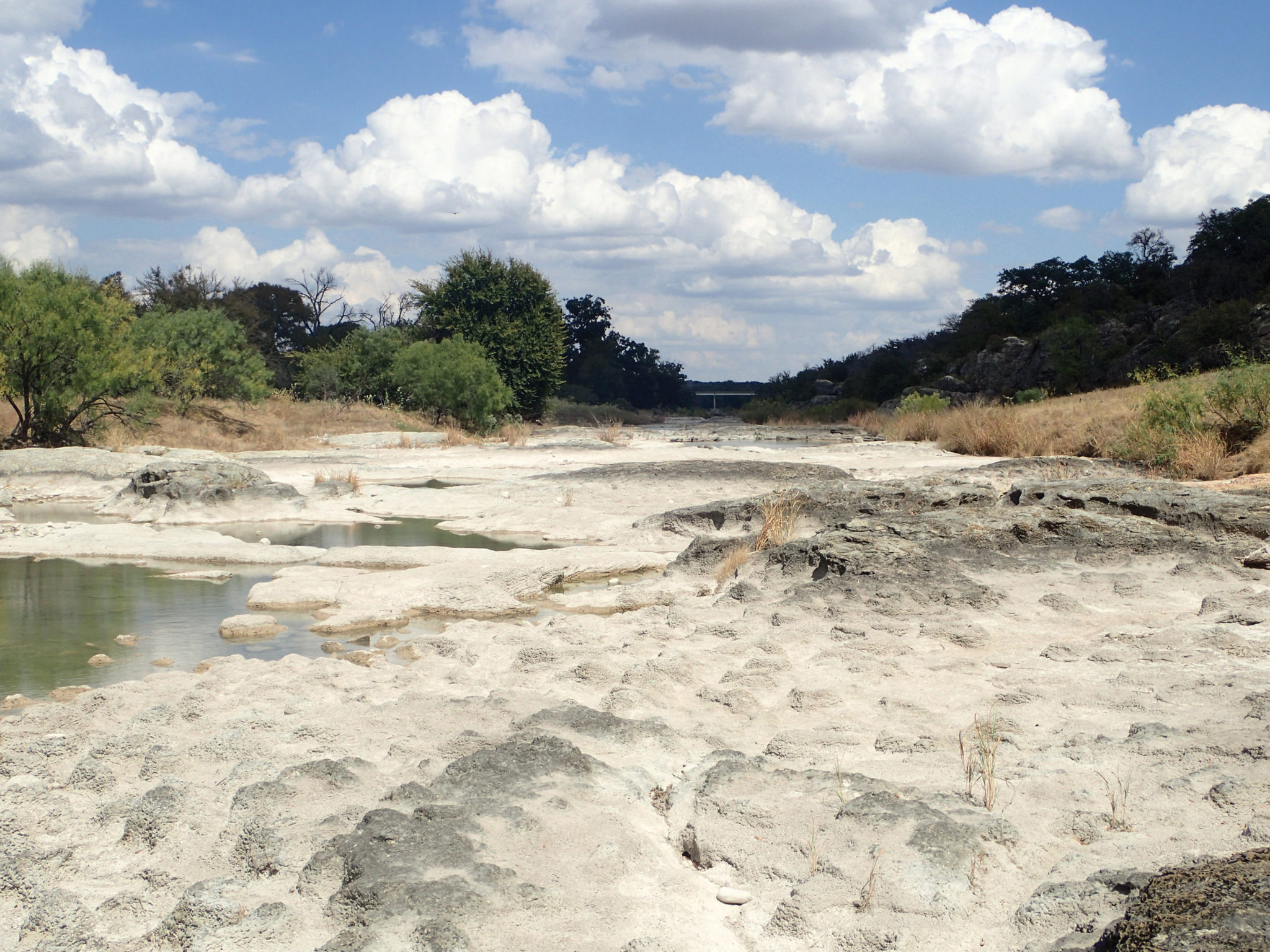
“The problem is many of [the farmers in Menard] take way more than they’re entitled to,” said Kinnan Golemon, an attorney for the Friends of San Saba, a group of downstream ranchers who’ve been pressuring TCEQ to curtail water use upstream. “And TCEQ has not shut them off or levied huge fines. Until you make an example of people, you don’t change behavior.”
One particularly thorny issue is who TCEQ considers a water rights holder and whether they’re required to pay for a watermaster. The Texas water rights system mostly operates on a “first in time, first in right” doctrine. Landowners who have the oldest water rights have the highest priority on the river. When the river runs dry, those with the oldest permits have the right to petition the agency to ensure they have access to water. But this system does not consider ranchers — called domestic and livestock users or D&L users — who have “superior” water rights that supercede those with permits. While technically ranchers are at the top of the totem pole, in practice, TCEQ has considered them outside their purview because they do not hold permits with the state. As a result, the ranchers on San Saba have had a difficult time petitioning the agency to protect their rights.
Additionally, because TCEQ does not consider ranchers to have rights similar to landowners with permits, they are not required to pay for a watermaster. The agency has estimated that a watermaster on the San Saba would cost about $377,000 the first year and $300,000 the subsequent years. Those costs would be borne by a few hundred farmers in Menard and other counties along the river, not the ranchers who ultimately stand to benefit.
“The problem is many of [the farmers in Menard] take way more than they’re entitled to.”
“Y’all have a system in place to tell us when there’s a drought and to quit irrigating,” Mews told the commissioners. “That system costs everybody a heck of a lot less than a watermaster would.”
For his part, Golemon said that his group would continue to fight to stop alleged overpumping in Menard and that he was encouraged by the commissioners’ statement that they plan to keep looking into the dispute.
“Friends of the San Saba has never asked for normal flow, just minimum flow,” said Golemon. “Hopefully, some of the others will come to the conclusion that rivers ought to flow.”
